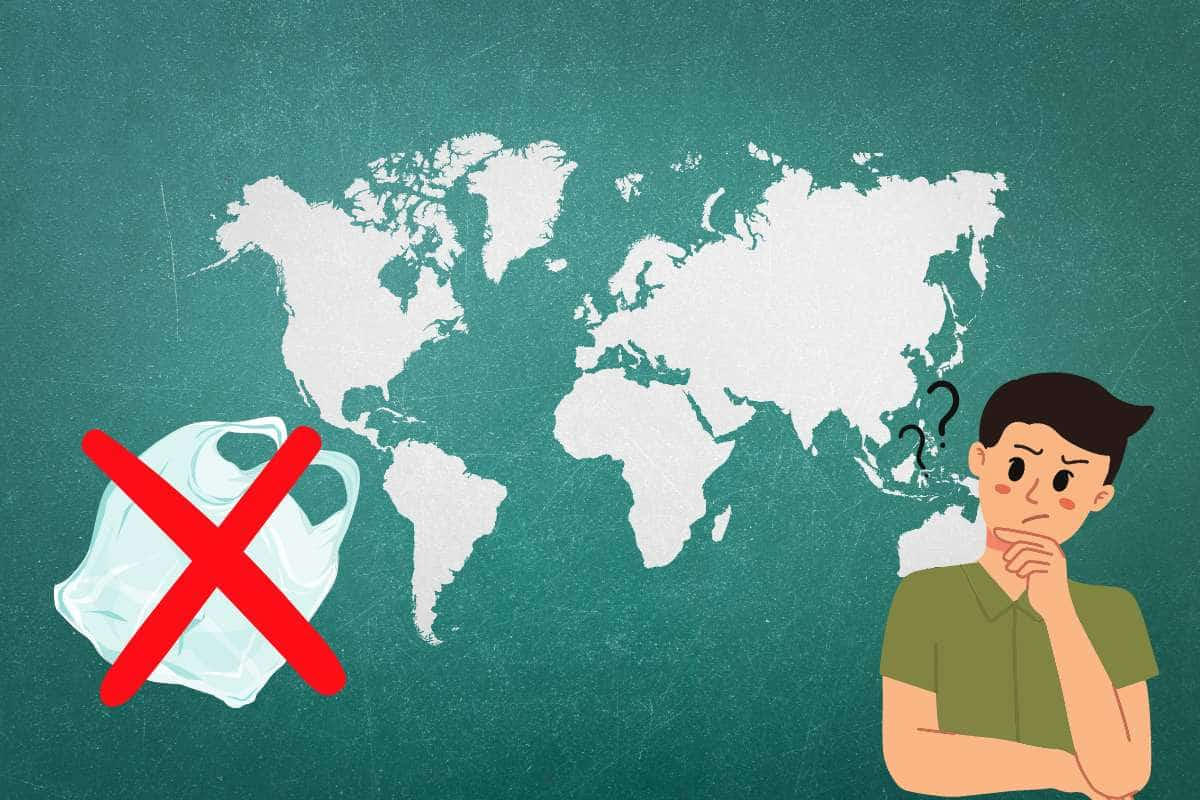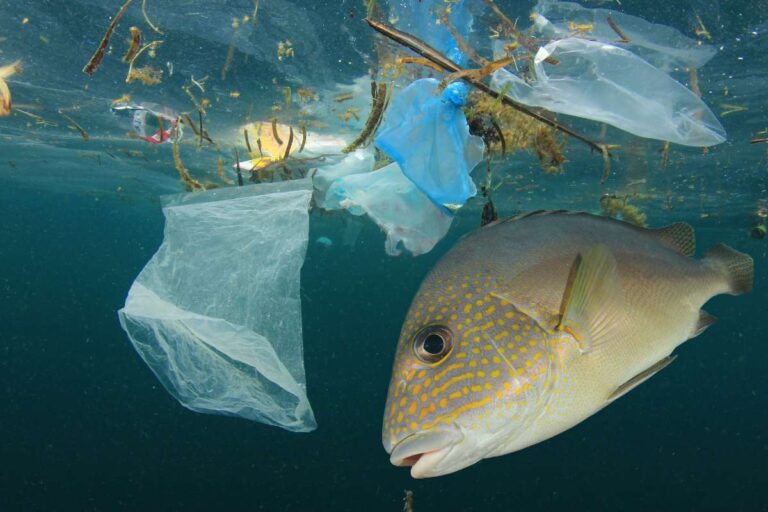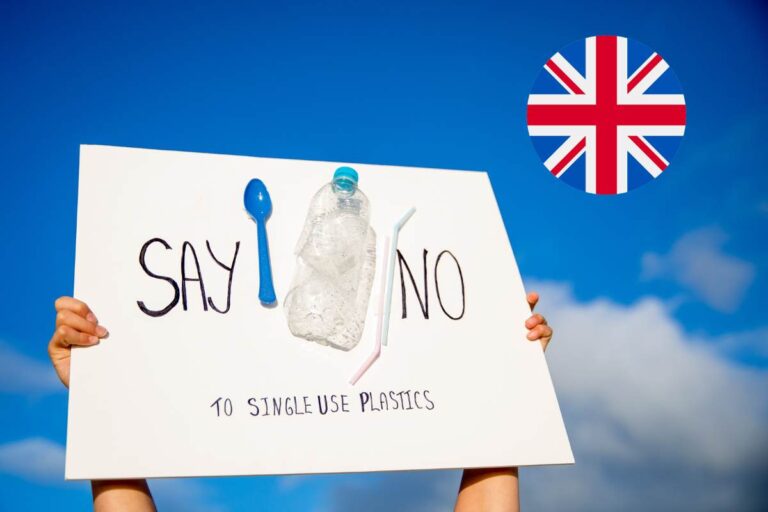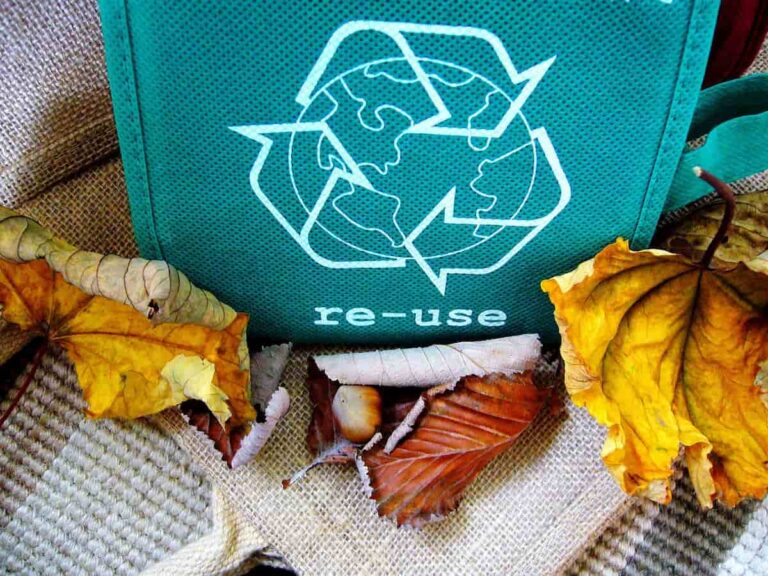Which was the first country to ban plastic bags?
It’s estimated over 1 trillion plastic bags are used globally each year. These single-use items are ubiquitous in modern society for carrying groceries and retail purchases. Yet billions of plastic bags end up as enduring litter and waste, causing environmental damage. Many nations have recently enacted bans and fees to curb plastic bag usage.
The First Country to Ban Single-Use Plastic
But the first country to ban plastic bags in the world was Bangladesh, back in 2002. Their bold step made them trailblazers in the effort to tackle plastic pollution.
Choking on Waste
In the 1990s, plastic bag usage was escalating rapidly across Bangladesh as consumerism grew. These throwaway bags generated massive amounts of waste. Drainage and sewer systems were overwhelmed by discarded plastic bags clogging waterways. When seasonal monsoon floods hit Bangladesh, the choking plastic debris worsened the devastation.
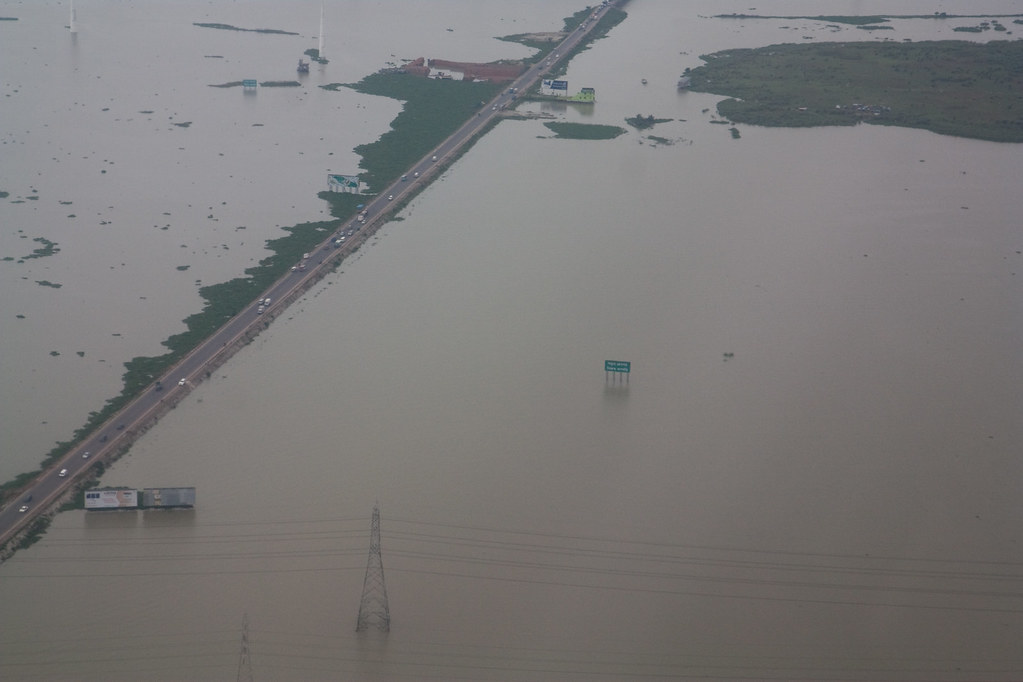
Recognizing bags were contributing to public health and safety issues, Bangladesh decided to take radical action. They moved to ban plastic bags outright, despite resistance from manufacturers and businesses. Bangladesh felt the environmental risks posed by unrestrained plastic bag use justified strong measures.
An Imperfect But Important Precedent
Bangladesh’s 2002 plastic bag ban did have exemptions. Imported raw materials to produce plastic products could still be brought into the country. The ban also lacked consistent enforcement mechanisms early on. So compliance was gradual.
Despite flaws, Bangladesh’s ban was groundbreaking as the first national prohibition of its kind. Outright bans were considered unrealistic and too extreme by many nations at the time. Bangladesh demonstrated such bans were legal, feasible and impactful. Their initiative set a powerful precedent for others.
Measurable Improvements
Facing devastating floods caused by clogged drainage systems, Bangladesh’s comprehensive ban covered the production, import, and distribution of thin plastic bags. This bold move proved incredibly effective, leading to a reported 90% reduction in plastic bag use within the country.

Data shows Bangladesh’s plastic bag ban did significantly decrease waste and pollution. Litter from plastic bags dropped markedly in urban areas. Bangladeshis shifted toward alternative carriers like jute and cloth bags. The reduction in plastic bag waste choking sewers and drains provided tangible benefits, especially during monsoon season.
Ripple Effects Across the Globe
By being the first country to ban plastics, Bangladesh’s example served as a powerful inspiration for other nations to follow suit. Since then, a growing number of countries have implemented various forms of bans or levies on single-use plastic bags, contributing to a more sustainable future for our planet.
Ongoing Challenges
The fight against plastic pollution is far from over, but Bangladesh’s pioneering action stands as a testament to the positive impact a single nation can have on a global issue. By working together, we can continue to build a cleaner and more sustainable future for all.
Lasting Legacy
By becoming the first nation to prohibit plastic bags, Bangladesh displayed remarkable leadership. They confronted a growing environmental threat before many others recognized its gravity. Bangladesh helped prove bans could successfully alter social behavior and perceptions on plastic usage.
Nearly two decades later, Bangladesh’s initiative continues inspiring other nations to combat single-use plastics. Their courage paved the way for the global movement against throwaway plastic culture. Bangladesh remains an influential pioneer in the fight against one of the world’s most pressing pollution problems.
Bangladesh was the first country to ban plastic bags and take a bold stand against the rising tide of plastic pollution. They demonstrated such bans were possible and impactful despite criticism. More work remains globally to build on Bangladesh’s groundbreaking efforts. But their leadership helped shift the world towards addressing the destructive impacts of plastic bag waste.

